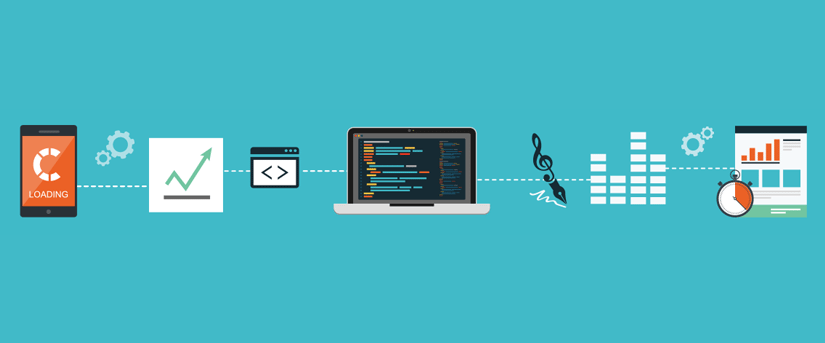Did you know that PHP is one of the widest used programming languages in the world? While the majority of the web uses this flexible language, only a fraction of WordPress sites has actually updated to its latest version, PHP 7.
Although PHP 7 promises site performance gains anywhere between 25-70 percent, site owners have been slow to move over because of incompatibility issues between themes, plugins, and code…and also because of the fact PHP 7 is backward incompatible. Therefore, thorough preparation must be conducted prior to the transition.
When WordPress development & design agency Ah So Designs received complaints from their client about their membership site running rather sluggish, the agency decided it was time to upgrade their site from PHP 5.6 to PHP 7. In this case study, read about how Ah So Designs smoothly moved SongTown’s membership site to the latest version of PHP, and the results that followed.
Read the case study
“We set expectations for them that this [moving to PHP 7] is like pulling up the hood of your car. Most of the time everything is fine, but sometimes your car needs some fine-tuning to help it run better.” — John Housholder, President of Ah So Designs

Frankly, I’m surprised the WP Engine doesn’t start new customers on PHP 7. I had to specify that I wanted to use it when I made the move.
I think the onus is on the hosting companies to push PHP 7 more forcefully. PHP7 should be the launching point for new and transferred websites and only when there is a compelling reason from the site owners, will a move back to deprecated versions be allowed.